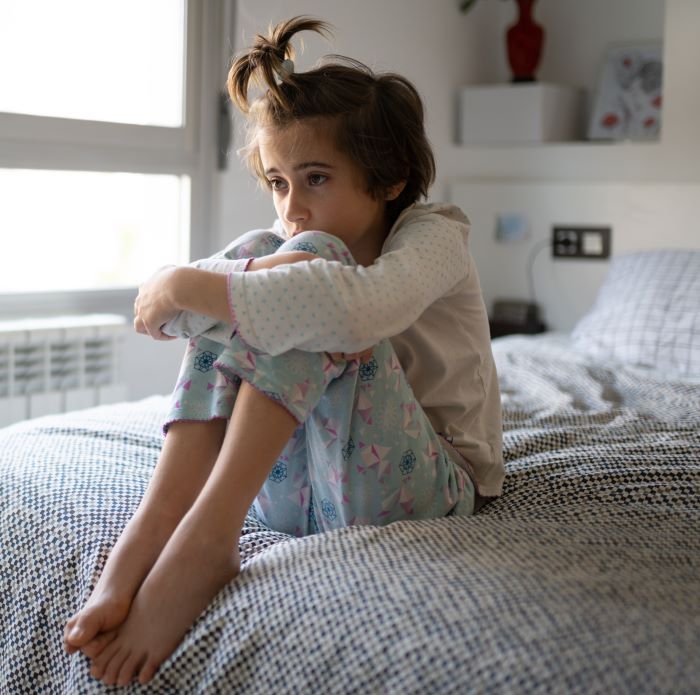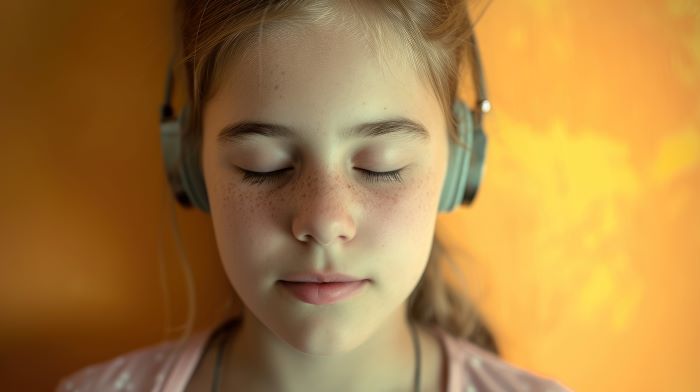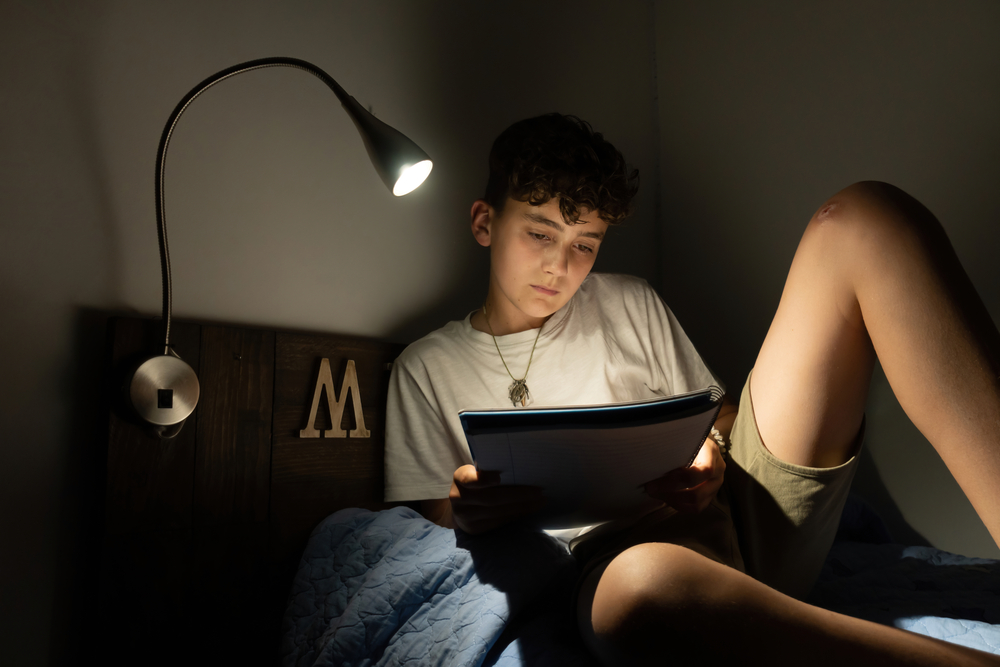Helping Your Child Overcome Bedtime Anxiety with Relaxation Techniques
Bedtime should be a calm and comforting experience for both parents and children, but for many children struggling with bedtime anxiety, it can feel overwhelming. Racing thoughts, nighttime worries, and separation anxiety can make it hard for children to relax and fall asleep, leading to bedtime resistance and overtired, stressed-out families by the end of the evening.
The good news? Gentle relaxation techniques—such as deep breathing exercises, guided visualisation, and progressive muscle relaxation—can help reduce anxiety at bedtime and create a soothing sleep routine that helps your child feel safe and ready for sleep.
In this post, I’ll explore bedtime relaxation techniques designed to ease nighttime anxiety, promote calmness, and support healthy sleep habits for children.

Deep breathing for relaxation – the 3-4-5 breathing pattern:
One effective approach is to practice deep breathing exercises with your child. Guide them to take slow, deep breaths: inhale through their nose for a count of three, hold their breath for a count of four, and then exhale slowly through their mouth for a count of five. This rhythmic breathing can help calm their nervous system and promote a sense of tranquillity.
Stretch and Relax
Another technique is progressive muscle relaxation. This involves instructing your child to tense and then relax different muscle groups in their body, starting from their toes and working their way up to their head. For example, they can clench their fists tightly and then release, noticing how their hands feel when relaxed. This method not only helps alleviate physical tension but also diverts their attention from anxious thoughts.
Guided visualisation exercises for bedtime anxiety can help children feel calm and ready for sleep:
Visualisation exercises can be very helpful. Encourage your child to close their eyes and imagine a peaceful place, such as a beach or a forest. They should use all their senses to create a vivid mental picture. By describing the sights, sounds, and smells of their chosen sanctuary, they can escape from anxious feelings and promote relaxation.

The Cognitive Shuffle:
The Cognitive Shuffle is a technique designed to distract the brain from anxious or racing thoughts by focusing on random, non-stressful mental imagery instead. This mimics the relaxed, disorganised thinking that naturally occurs as your child drifts into sleep.
How to Practice the Cognitive Shuffle:
- Pick a Word: Choose a simple word, like “bed,” “beach,” or “apple.”
- Think of Random Words: For each letter in the word, think of as many unrelated things as possible.
- Example: For “bed,” think banana, ball, butterfly, basket…
- Visualise: Picture each word in your mind, imagining its shape, colour, or how it looks.
If your child’s mind starts to wander, they should simply return to their chosen word and continue thinking of random things.
This method can be an effective way to ease bedtime anxiety and help children transition into sleep more smoothly.
Mindfulness:
Finally, introducing mindfulness practices tailored for children, such as simple meditation or guided imagery, can also be highly effective. There are many resources available, including apps and books specifically designed for young audiences that lead them through these calming practices.
Choosing a relaxation technique for your child:
Choose which technique you think would be most suitable for your child and try it with them for a week or two. If that particular relaxation technique doesn’t suit them, you could then try a different option. When you find the one that best suits your child, you should find bedtime becomes more enjoyable for you all, see a reduction in their anxiety and an enhanced quality of sleep.
Please remember to check out my bedtime routine guidelines, as a calm focused leadup to sleep is a vital part of this process.
In my blogs in this series, I will explore:
-
How Can I Help My Child with Anxiety at Night?
-
What Causes Worries or Anxiety at Bedtime?
-
Is Your Child’s Sleep Struggle a Sign of Anxiety?
Struggling with your child’s bedtime anxiety? Book a personalised sleep consultation today and help your child develop healthy sleep habits for life. We’ve helped hundreds of families navigate bedtime anxiety, and we’re here to help you too.




